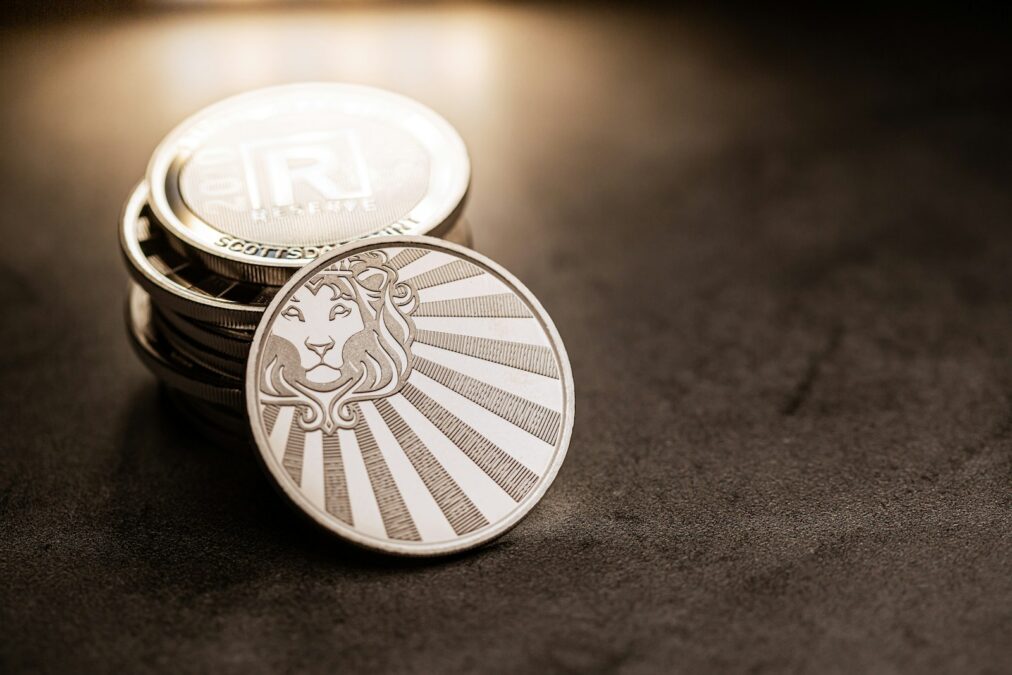Blockchain Technology in the Precious Metal Industry
Blockchain services enable secure and transparent tracking of precious metals, reducing the risk of fraud and ensuring authenticity. In both Saudi Arabia and the UAE, the adoption of blockchain technology is revolutionizing the precious metals market by providing an immutable and transparent ledger of all transactions. This technological advancement ensures that each piece of precious metal can be traced back to its source, providing incontrovertible proof of its authenticity and chain of custody. This is particularly crucial in regions where the trade of precious metals forms a significant part of the economy, ensuring that both local and international trade partners can trust the integrity of the market. As a result, blockchain is not only enhancing security but also fostering greater trust and confidence among market participants.
Improving Supply Chain Efficiency
The integration of blockchain services in the precious metals industry significantly improves supply chain efficiency. In cities like Riyadh and Dubai, where precious metal trade is robust, blockchain technology streamlines operations by providing real-time tracking and verification of goods. This eliminates the need for multiple intermediaries, reducing costs and speeding up transactions. Companies can ensure that every step of the supply chain, from mining to retail, is transparent and verifiable. This increased efficiency also translates to better inventory management and reduced instances of lost or stolen goods. Furthermore, blockchain’s immutable records provide an auditable trail, making it easier for companies to comply with regulatory requirements and industry standards. By leveraging blockchain, businesses can optimize their operations and achieve higher levels of operational excellence.
Facilitating Regulatory Compliance and Ethical Sourcing
In addition to reducing fraud and ensuring authenticity, blockchain services are also instrumental in facilitating regulatory compliance and ethical sourcing in the precious metal industry. Both Saudi Arabia and the UAE have stringent regulations governing the trade of precious metals, aimed at preventing money laundering, terrorist financing, and other illicit activities. By leveraging blockchain technology, companies operating in this sector can ensure full compliance with regulatory requirements by maintaining transparent and auditable records of every transaction. Furthermore, blockchain enables the tracking of precious metals back to their origins, allowing companies to verify that their supply chains adhere to ethical sourcing practices, such as fair labor conditions and environmentally sustainable mining operations. This level of transparency not only helps companies avoid regulatory penalties but also enhances their reputation as responsible corporate citizens committed to ethical business practices.
Paving the Way for Future Innovation
As the adoption of blockchain services for precious metal tracking continues to grow in Saudi Arabia and the UAE, it is paving the way for future innovation and disruption in the industry. With a secure and transparent foundation in place, companies are exploring new ways to leverage blockchain technology to enhance efficiency, streamline processes, and create new business models. Smart contracts, for example, could automate various aspects of the precious metal supply chain, from certification and authentication to logistics and payment settlement. Similarly, the integration of Internet of Things (IoT) devices could provide real-time data on the status and condition of precious metals, further enhancing transparency and traceability. By embracing these innovations, companies in Riyadh, Dubai, and beyond are positioning themselves at the forefront of the global precious metal industry, driving growth, and prosperity for years to come.
Driving Business Success through Technology
Blockchain services represent a significant opportunity for businesses in Saudi Arabia and the UAE to drive success through technological innovation. By integrating blockchain technology into their operations, companies can enhance their efficiency, reduce costs, and improve their overall competitiveness. This technological edge is particularly valuable in a global market where differentiation through reliability and transparency can lead to increased market share and customer loyalty. Additionally, businesses can leverage blockchain to streamline their compliance processes, ensuring that they meet all regulatory requirements with ease. As the business landscape continues to evolve, those who adopt blockchain technology early will be better positioned to capitalize on emerging trends and opportunities, securing their place as leaders in the precious metal industry.
#Blockchain #PreciousMetals #SupplyChain #SaudiArabia #UAE #Riyadh #Dubai #RegulatoryCompliance #EthicalSourcing #InvestorConfidence #DigitalAssets #SmartContracts #IoT #AI #Metaverse #LeadershipSkills #ExecutiveCoaching #BusinessSuccess

